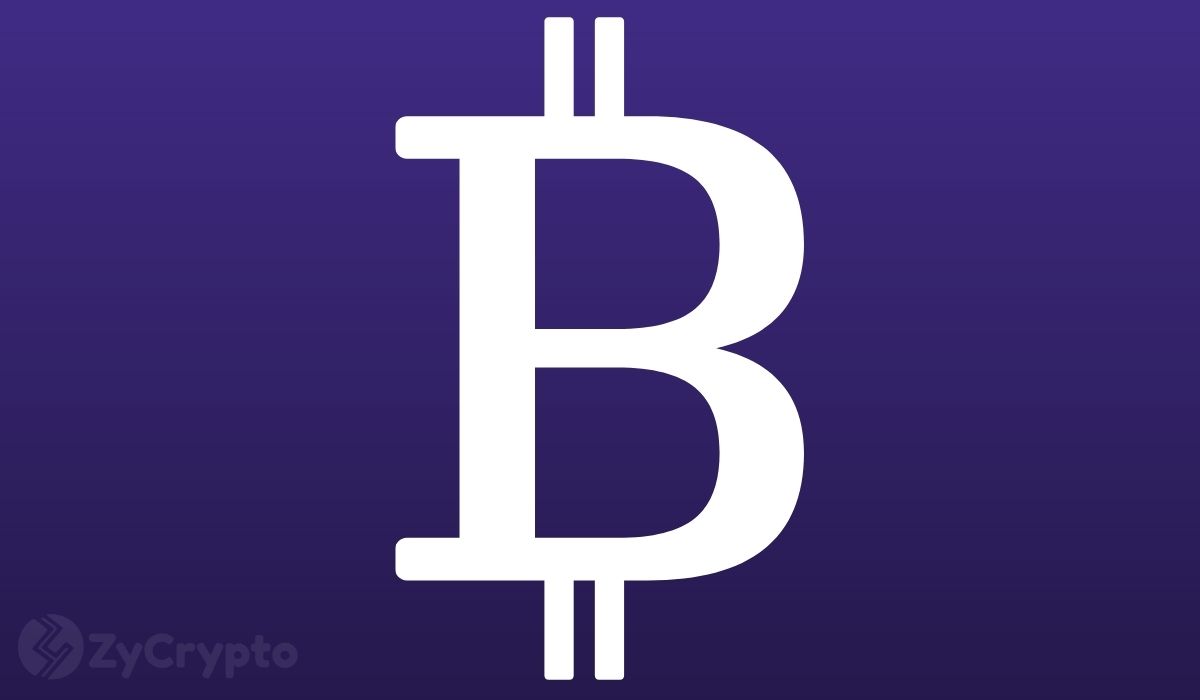ARTICLE AD BOX

- Petrobras will launch a new research arm dedicated to Bitcoin mining.
- The Brazilian oil giant is also exploring using blockchain to track its carbon footprint.
Brazilian-based oil and gas firm Petróleo Brasileiro recently announced plans to explore Bitcoin mining and other blockchain applications, such as tokenization. This announcement highlights the rise in traditional players’ adoption of crypto and blockchain.
Petrobras’ Blockchain Endeavour
According to reports from local news media, Petróleo Brasileiro, popularly referred to as Petrobras, plans to launch a new research and development department. This department will focus on exploring blockchain technology, particularly block-reward mining.
Other petroleum companies like America’s Exxon Mobil have explored mining using flare gas, a by-product during oil extraction, to power the mining rigs. Following this, Petrobras aims to channel flare gas as a power source for Bitcoin mining operations. Typically, Bitcoin mining necessitates tremendous processing power, which consumes a lot of electricity.
Over the years, Brazil has been attracting block-reward miners to tap into its cheap energy. Paraguay emerged as a regional leader in Latin America. However, some miners relocated to neighboring Brazil when the country raised power tariffs recently.
Besides crypto mining, Petrobras intends to investigate how blockchain might minimize its carbon footprint. This aligns with the company’s vision and goal of the larger global agenda. Petrobras would join hundreds of other projects using blockchain technology for environmental conservation.
These projects leverage blockchain for sustainable sourcing, peer-to-peer energy trading on decentralized platforms, and smart grid optimization through smart contracts. Additionally, blockchain is revolutionizing the carbon credit market by adding traceability and accountability throughout the generation and trading cycles.
Tokenovate, a UK-based financial services technology firm, is among the companies building innovative solutions for the carbon credit market. In October, Tokenovate launched a Minimum Viable Product (MVP) for its derivatives market solution, built on the BSV blockchain. Before this, the firm introduced the world’s first smart legal contract for carbon credit derivatives in 2023.
As CNF mentioned earlier, the World Bank-backed CAD Trust has also used blockchain to prevent double counting in carbon markets.
Brazilian Regulators Crack Down Non-compliant Crypto Initiatives
Meanwhile, Petrobras’ blockchain endeavor comes as local regulators in Brazil crack down on non-compliant crypto projects. In a recent update CNF covered, the country’s data protection agency banned Sam Altman’s Worldcoin from paying citizens in crypto for biometric data collection.
According to the agency, rewarding residents with crypto violates user consent. The agency argues that incentives might affect people’s decisions, undermining their autonomy in determining whether or not to submit biometric data.
In another attempt to tighten financial market oversight, the Central Bank of Brazil recently proposed a ban on stablecoin transfers to self-custodial wallets. This action is consistent with the government’s larger endeavor to improve control of foreign exchange markets and reduce capital outflow.
As we discussed earlier, the regulation may encourage users to adopt decentralized platforms and peer-to-peer trading for stablecoin transactions.
.png)
 2 hours ago
4
2 hours ago
4








 English (US)
English (US)